August 25 stands as one of history’s most eventful days, witnessing the rise and fall of empires, groundbreaking discoveries, and moments that shaped our modern world across centuries of human achievement.
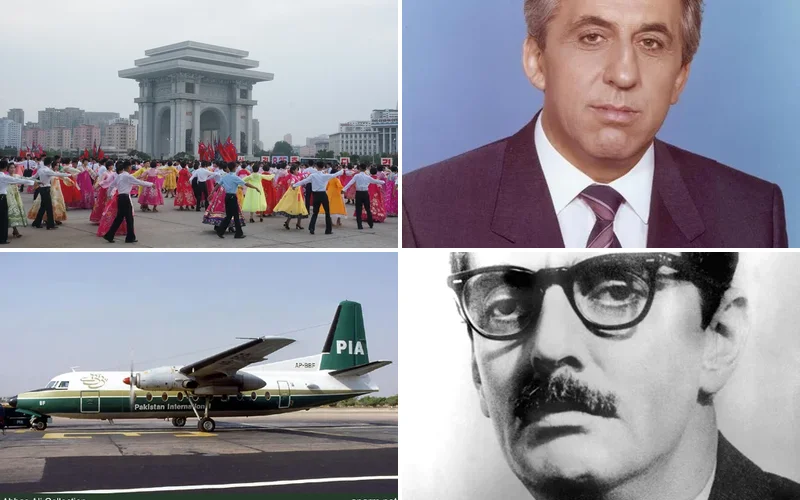
Politics and Government Events on August 25
1944 – Paris Liberation by Allied Forces
Allied forces triumphantly liberated Paris from Nazi occupation after four years of German control. French Resistance fighters and Allied troops worked together to free the City of Light.
Citizens poured into the streets celebrating their freedom as Nazi forces retreated. The liberation marked a pivotal moment in the Western Front campaign toward victory.
1991 – Belarus Declares Independence from Soviet Union
Belarus formally declared independence from the crumbling Soviet Union, joining the wave of republics breaking away. The Supreme Soviet of Belarus voted to establish sovereignty after decades of Soviet rule.
This declaration accelerated the dissolution of the USSR and established Belarus as an independent nation. The newly formed country faced immediate challenges in establishing democratic institutions and market economy.
1961 – Brazilian President Quadros Resigns

President Jânio Quadros of Brazil shocked the nation by resigning after just seven months in office. His unexpected departure triggered a constitutional crisis that destabilized Brazilian politics.
The resignation initiated a chain of events that ultimately led to the military coup of 1964. Political tensions escalated as different factions struggled to fill the power vacuum.
1950 – Truman Seizes Control of Railroads
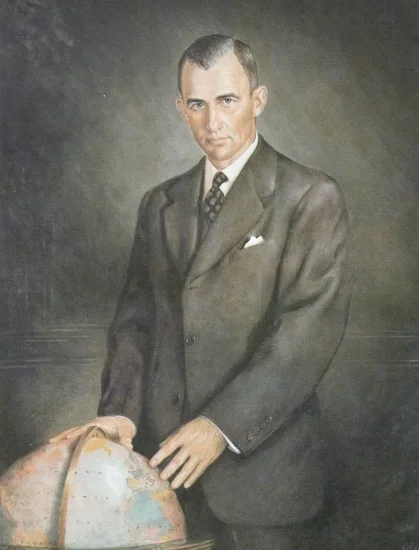
President Harry Truman ordered the Army to seize control of America’s railroad system during the Korean War. Secretary of the Army Frank Pace implemented federal control to prevent a threatened nationwide strike.
The dramatic intervention demonstrated presidential wartime powers and prevented transportation disruptions. Labor unions eventually negotiated new contracts under federal oversight.
1939 – Britain and Poland Form Military Alliance
The United Kingdom and Poland signed a crucial military alliance promising mutual defense against foreign invasion. This agreement committed Britain to defend Poland if Germany attacked.
The pact became instrumental when Germany invaded Poland just days later, triggering World War II. Britain honored its commitment by declaring war on Germany in September.
1912 – Kuomintang Founded in Beijing
The Kuomintang political party was established in Beijing, marking a significant moment in Chinese political history. Revolutionary leaders organized this nationalist movement to modernize China and establish republican government.
The party would later become the dominant force in Chinese politics under Sun Yat-sen and Chiang Kai-shek. Its founding represented growing opposition to imperial rule and foreign influence.
1997 – Former East German Leader Convicted
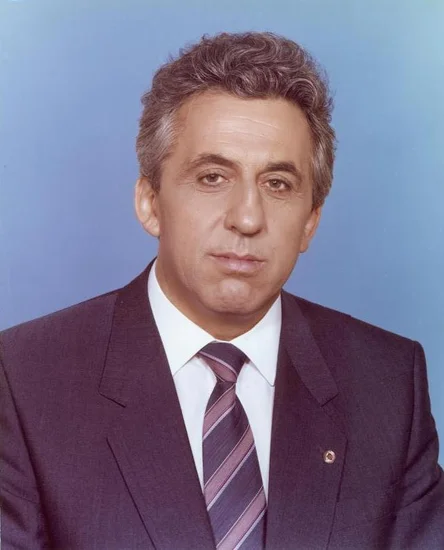
Egon Krenz, former East German leader, was convicted of implementing the shoot-to-kill policy at the Berlin Wall. German courts held him responsible for the deaths of civilians attempting to escape to West Berlin.
The conviction represented post-reunification justice for Communist-era human rights violations. Krenz’s trial symbolized Germany’s efforts to address its divided past.
Military and Naval History on August 25
1904 – Battle of Liaoyang Begins
The Battle of Liaoyang commenced as Russian and Japanese forces clashed in this crucial Russo-Japanese War engagement. General Aleksei Kuropatkin led Russian defenders against advancing Japanese armies.
The battle would rage for ten days across the Manchurian landscape with enormous casualties. Japanese tactical superiority and modern artillery ultimately forced Russian retreat southward.
1940 – First RAF Bombing of Berlin
The Royal Air Force conducted its first bombing raid on Berlin, marking a significant escalation in World War II. British bombers penetrated German airspace to strike the Nazi capital.
This attack prompted Hitler to shift Luftwaffe focus from RAF airfields to London bombing. The raid demonstrated Britain’s ability to strike back despite the ongoing Battle of Britain.
1941 – Anglo-Soviet Invasion of Iran
Britain and the Soviet Union jointly invaded Iran to secure oil supplies and prevent Nazi influence. Allied forces quickly overwhelmed Iranian resistance and occupied strategic positions.
The invasion ensured crucial supply lines for Soviet forces fighting Germany on the Eastern Front. Allied occupation continued throughout the war, maintaining vital logistical corridors.
1920 – Polish Victory in Battle of Warsaw
The Battle of Warsaw concluded with decisive Polish victory over the Red Army, halting Soviet westward expansion. Polish forces under Józef Piłsudski executed brilliant tactical maneuvers.
This victory saved Poland’s independence and prevented communist revolution from spreading into Western Europe. The battle became known as the “Miracle on the Vistula” in Polish history.
1942 – Battle of the Eastern Solomons Second Day
Allied aircraft successfully attacked Japanese naval convoys heading toward Guadalcanal in the Pacific Theater. The sustained air assault forced Japanese ships to turn back from their supply mission.
This victory demonstrated growing Allied air superiority in the Pacific campaign. Japanese inability to reinforce Guadalcanal marked a turning point in the island campaign.
1942 – Japanese Marines Assault Milne Bay
Japanese marines launched their assault on Allied airfields at Milne Bay in New Guinea. The attack initiated one of the first major Japanese defeats in the Pacific War.
Australian and American forces successfully defended the strategic airbase against determined Japanese attacks. The victory boosted Allied morale and demonstrated Japanese vulnerability.
Science and Discovery Milestones on August 25
2012 – Voyager 1 Enters Interstellar Space
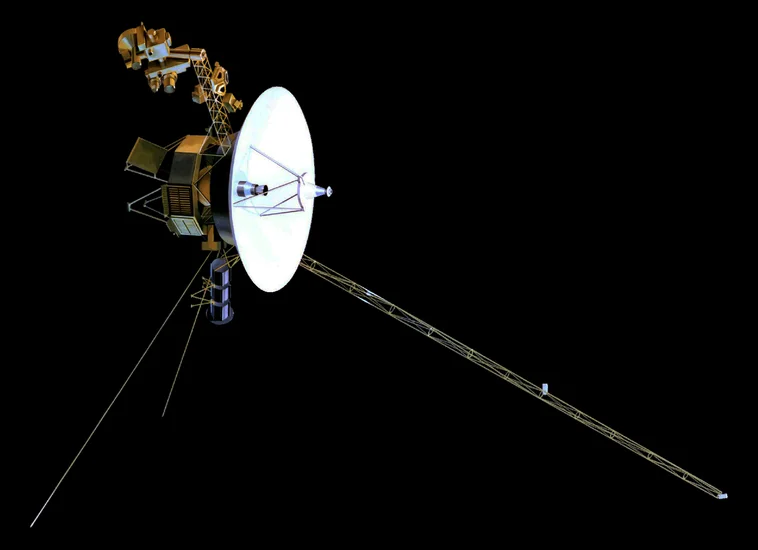
Voyager 1 spacecraft became the first human-made object to enter interstellar space after 35 years of travel. The historic milestone marked humanity’s first direct exploration beyond the solar system.
Scientists confirmed the achievement through particle and magnetic field data analysis. The spacecraft continued transmitting valuable information about the interstellar medium to Earth.
1981 – Voyager 2 Encounters Saturn
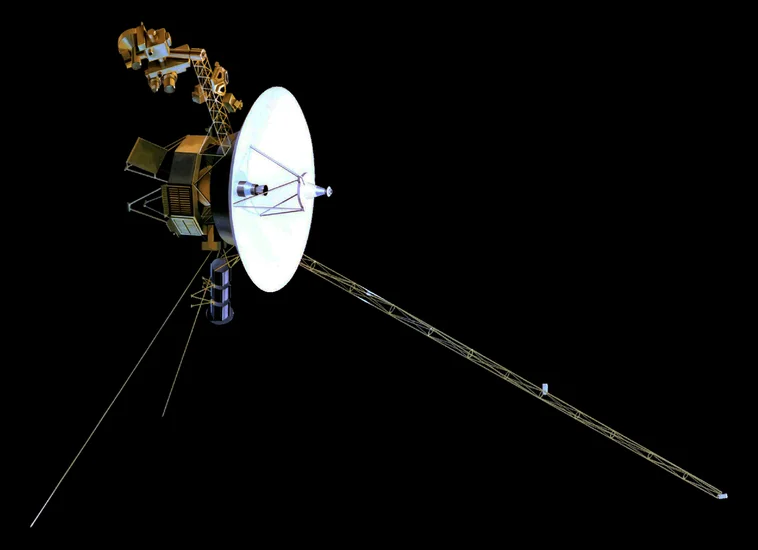
Voyager 2 spacecraft made its closest approach to Saturn, providing unprecedented images and data. The flyby revealed intricate details about Saturn’s rings and numerous moons.
Scientific instruments detected complex ring structures and discovered new satellites orbiting the gas giant. The mission expanded human understanding of the outer solar system dramatically.
1989 – Voyager 2 Reaches Neptune

Voyager 2 completed its Grand Tour by making the closest approach to Neptune, the solar system’s outermost planet. The spacecraft captured stunning images of the ice giant and its mysterious moon Triton.
This flyby marked the end of humanity’s first systematic exploration of the outer planets. Data from the encounter revealed Neptune’s dynamic atmosphere and powerful magnetic field.
2003 – Spitzer Space Telescope Launched
NASA successfully launched the Spitzer Space Telescope, revolutionizing infrared astronomy capabilities. The observatory began detecting heat signatures from distant galaxies and forming star systems.
Spitzer’s infrared vision penetrated cosmic dust clouds previously invisible to optical telescopes. The mission provided crucial data about planetary formation and galaxy evolution.
1991 – Linus Torvalds Announces Linux

Linus Torvalds announced the first version of what would become the Linux operating system. This open-source project revolutionized computer software development and distribution.
The announcement on a computer science newsgroup sparked a global collaborative development effort. Linux eventually became the foundation for countless computing systems worldwide.
Cultural and Arts Events on August 25
1914 – Leuven Library Deliberately Destroyed

The German Army deliberately destroyed the Catholic University of Leuven library during World War I. Hundreds of thousands of irreplaceable Gothic and Renaissance manuscripts were lost forever.
This act of cultural vandalism shocked the international community and demonstrated warfare’s devastating impact on civilization. The destruction became a symbol of militarism’s threat to human knowledge.
1958 – Instant Noodles Introduced to Market

Momofuku Ando introduced Chikin Ramen, the world’s first commercially available instant noodles. This revolutionary food product transformed eating habits globally and created a billion-dollar industry.
The convenient, affordable meal solution spread rapidly across Asia and eventually worldwide. Instant noodles became one of the most significant food innovations of the 20th century.
1948 – First Televised Congressional Hearing
The House Un-American Activities Committee held its first televised congressional hearing featuring the confrontation between Whittaker Chambers and Alger Hiss. This historic broadcast brought political drama directly into American living rooms.
The televised proceedings demonstrated the new medium’s power to influence public opinion. Television coverage of government proceedings became a cornerstone of American democracy.
Religious and Social Events on August 25
1933 – Haavara Agreement Signed
Nazi Germany and the Zionist Federation signed the Haavara Agreement facilitating Jewish emigration to Palestine. This controversial arrangement broke the international anti-Nazi boycott while enabling Jewish escape from persecution.
The agreement allowed German Jews to transfer assets to Palestine through special arrangements. This complex diplomatic solution saved thousands of lives while raising difficult moral questions.
1916 – National Park Service Created
The United States established the National Park Service to manage and protect America’s natural treasures. This landmark legislation created the framework for preserving wilderness areas for future generations.
The new agency assumed responsibility for managing national parks, monuments, and historic sites. America’s national park system became a model for conservation efforts worldwide.
1980 – Zimbabwe Joins United Nations
Zimbabwe gained membership in the United Nations following its independence from British colonial rule. The newly formed African nation took its place among the community of nations.
This membership marked Zimbabwe’s full recognition as a sovereign state after years of international sanctions. The country began participating in global diplomatic and economic relationships.
Business and Economic Events on August 25
2006 – Ukrainian Prime Minister Sentenced

Former Ukrainian Prime Minister Pavlo Lazarenko was sentenced to nine years imprisonment for money laundering and extortion. The conviction highlighted corruption issues in post-Soviet Ukrainian politics.
American courts found Lazarenko guilty of stealing millions from the Ukrainian treasury. The case demonstrated international cooperation in prosecuting high-level corruption.
1933 – Diexi Earthquake Strikes China
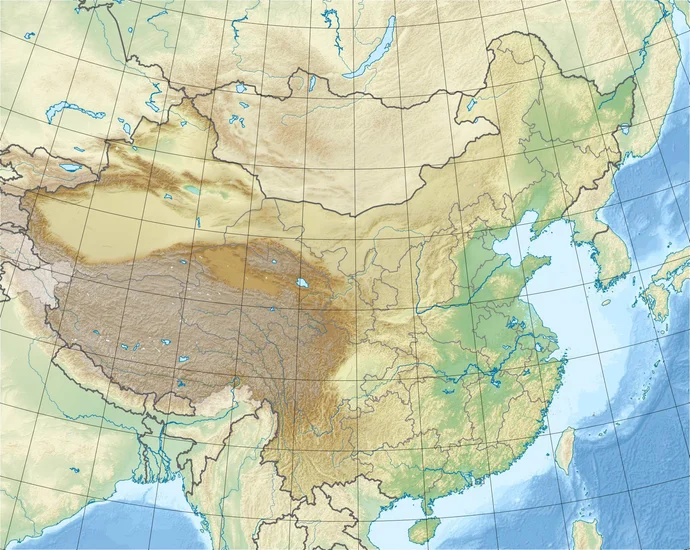
The devastating Diexi earthquake struck Mao County in Sichuan Province, killing 9,000 people. The massive tremor created landslides that dammed rivers and formed natural lakes.
Economic disruption from the disaster affected agricultural production across the region. Recovery efforts required massive resources and international assistance for affected communities.
2001 – Aaliyah Dies in Plane Crash

American singer Aaliyah and her entourage died when their overloaded aircraft crashed after takeoff from the Bahamas. The tragedy shocked the music industry and ended a promising career.
The accident highlighted aviation safety concerns regarding small aircraft operations. Aaliyah’s death influenced aircraft weight regulations and celebrity travel protocols.
Transportation and Infrastructure on August 25
2005 – Hurricane Katrina Makes Florida Landfall
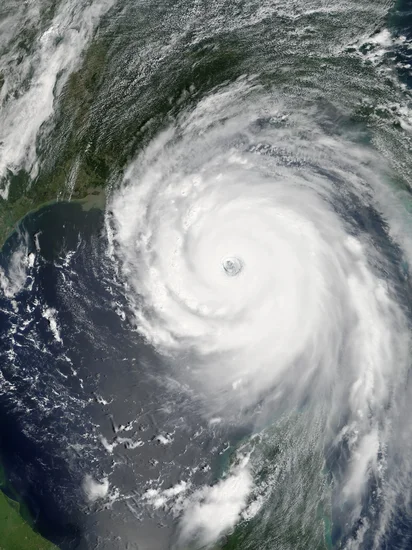
Hurricane Katrina made its first landfall in Florida before strengthening into the devastating storm that would strike the Gulf Coast. The hurricane’s initial impact caused widespread power outages and flooding.
Florida’s experience with Katrina provided crucial data for tracking the storm’s development. The hurricane’s path through Florida influenced its later intensification over the warm Gulf waters.
2017 – Hurricane Harvey Strikes Texas
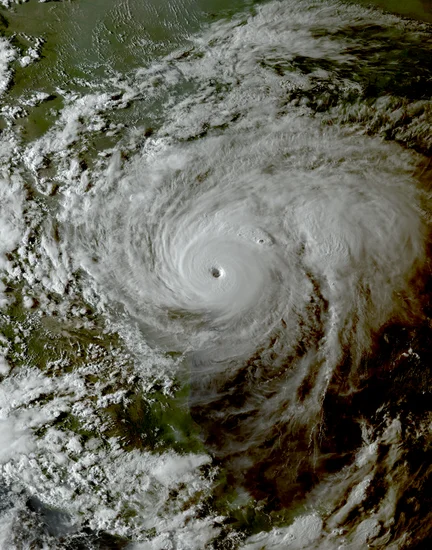
Hurricane Harvey made landfall in Texas as a powerful Category 4 storm, the strongest to hit the United States since 2004. The hurricane brought devastating winds and record-breaking rainfall to the Houston area.
Harvey’s impact paralyzed transportation systems across Southeast Texas for weeks. The storm highlighted infrastructure vulnerabilities and emergency preparedness challenges in major urban areas.
1960 – Rome Olympics Begin
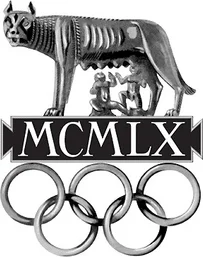
The Games of the XVII Olympiad officially commenced in Rome, Italy, showcasing athletic excellence from around the world. The Olympics featured innovative broadcasting technology and memorable performances.
Rome’s hosting of the Games demonstrated post-war reconstruction and Italy’s return to international prominence. The Olympics boosted tourism and infrastructure development throughout the region.
Sports and Recreation on August 25
1967 – George Lincoln Rockwell Assassinated
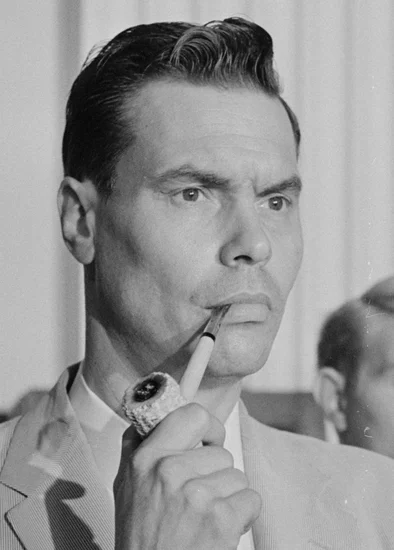
American Nazi Party founder George Lincoln Rockwell was assassinated by a former member of his organization. The shooting occurred in Arlington, Virginia, ending the controversial leader’s political activities.
Rockwell’s death marked the decline of organized Nazi movements in America during the 1960s. The assassination highlighted internal conflicts within extremist political organizations.
1985 – Samantha Smith Dies in Plane Crash

Peace activist and child actress Samantha Smith died in a plane crash near Auburn, Maine. Bar Harbor Airlines Flight 1808 crashed during approach, killing all eight people aboard.
Smith had gained international recognition for her peace advocacy between the United States and Soviet Union. Her death represented a significant loss for youth peace movements during the Cold War.
1989 – Pakistan International Airlines Flight Disappears

Pakistan International Airlines Flight 404 disappeared over the Himalayas after takeoff from Gilgit Airport. The aircraft carrying 54 people was never found despite extensive search efforts.
The disappearance highlighted aviation challenges in mountainous terrain and remote regions. Weather conditions and rugged geography complicated rescue operations in the area.
Notable Births on August 25
1930 – Sean Connery Born

Scottish actor Sean Connery was born in Edinburgh, beginning a journey that would make him an international film icon. His working-class background shaped his authentic screen presence and distinctive charm.
Connery would later become the definitive James Bond, establishing the template for the iconic spy character. His portrayal influenced action cinema and created a lasting cultural phenomenon.
1916 – Leonard Bernstein Born

American composer and conductor Leonard Bernstein entered the world in Lawrence, Massachusetts. His musical talent emerged early, leading to formal training at Harvard and the Curtis Institute.
Bernstein would revolutionize American classical music and bring classical performances to television audiences. His dynamic conducting style and educational programs made classical music accessible to millions.
1958 – Tim Burton Born

American filmmaker Tim Burton was born in Burbank, California, destined to become one of cinema’s most distinctive visual artists. His gothic sensibilities and dark imagination shaped his unique creative vision.
Burton would later direct iconic films that blended horror, fantasy, and comedy in unprecedented ways. His distinctive style influenced countless filmmakers and created a new aesthetic vocabulary.
1930 – Regis Philbin Born
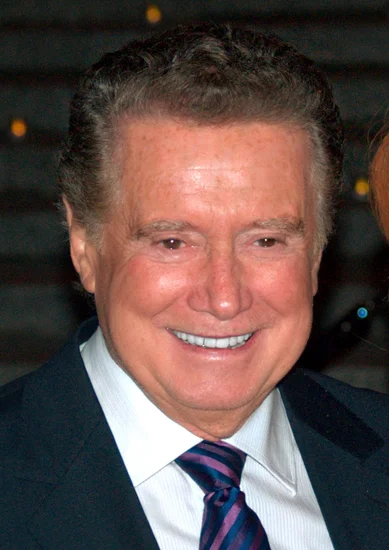
American television personality Regis Philbin was born in New York City, beginning a career that would span decades. His energetic personality and quick wit made him a beloved entertainment figure.
Philbin would later become synonymous with morning television and game show hosting. His enthusiastic style and genuine warmth connected with audiences across multiple generations.
1927 – Althea Gibson Born

American tennis champion Althea Gibson was born in Silver, South Carolina, overcoming racial barriers to achieve athletic greatness. Her determination and skill opened doors for future generations of athletes.
Gibson would later become the first African American to win major tennis championships. Her achievements at Wimbledon and the U.S. Open broke down sports segregation barriers permanently.
1968 – Rachael Ray Born

American chef and television personality Rachael Ray was born in Glens Falls, New York. Her practical cooking approach and energetic personality would revolutionize food television programming.
Ray would later create the “30-Minute Meals” concept that transformed home cooking shows. Her accessible style made cooking approachable for busy families and working professionals.
1961 – Billy Ray Cyrus Born

American country singer Billy Ray Cyrus was born in Flatwoods, Kentucky, beginning a musical journey that would bridge country and pop music. His distinctive voice and crossover appeal attracted diverse audiences.
Cyrus would later achieve massive success with “Achy Breaky Heart,” introducing country music to mainstream pop audiences. His career influenced the evolution of country music marketing and production.
Notable Deaths on August 25
1984 – Truman Capote Dies

American novelist and playwright Truman Capote died in Los Angeles, ending a brilliant but troubled literary career. His innovative writing style and larger-than-life personality influenced American literature profoundly.
Capote’s works like “In Cold Blood” revolutionized narrative journalism and true crime writing. His flamboyant lifestyle and social connections made him a celebrity author and cultural icon.
2012 – Neil Armstrong Dies
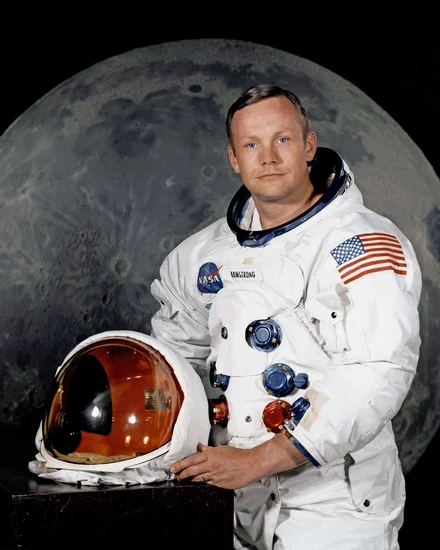
American astronaut Neil Armstrong died in Cincinnati, Ohio, after a distinguished career in aerospace and exploration. His historic moon landing made him one of the most famous figures in human history.
Armstrong’s “one small step” represented humanity’s greatest achievement in space exploration. His humble demeanor and technical expertise embodied the best qualities of the astronaut program.
1967 – Paul Muni Dies

Ukrainian-born American actor Paul Muni died in Montecito, California, concluding a remarkable career in theater and film. His intense method acting and character transformations influenced generations of performers.
Muni’s powerful performances in biographical films earned him critical acclaim and Academy recognition. His dedication to authenticity and research set new standards for dramatic acting.
1908 – Henri Becquerel Dies
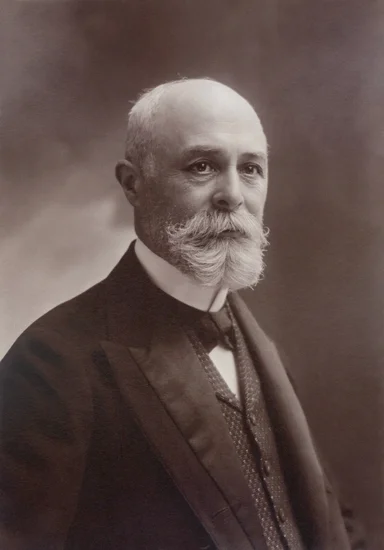
French physicist Henri Becquerel died in Le Croisic, France, after groundbreaking contributions to atomic science. His discovery of radioactivity fundamentally changed scientific understanding of matter and energy.
Becquerel’s work laid the foundation for nuclear physics and modern atomic theory. His Nobel Prize recognized research that would revolutionize medicine, energy, and scientific methodology.
2009 – Ted Kennedy Dies

American politician Ted Kennedy died in Hyannis Port, Massachusetts, after serving nearly five decades in the U.S. Senate. His legislative achievements and advocacy shaped American social policy for generations.
Kennedy’s career championed civil rights, healthcare reform, and social justice causes. His political legacy influenced Democratic Party positions and progressive policy development nationwide.
1979 – Stan Kenton Dies

American jazz pianist and bandleader Stan Kenton died in Hollywood, California, after revolutionizing big band music. His innovative arrangements and progressive jazz concepts influenced modern orchestral music.
Kenton’s experimental approach pushed jazz boundaries and incorporated classical music elements. His educational programs and recordings inspired countless musicians and composers worldwide.
2001 – Aaliyah Dies

American singer and actress Aaliyah died in a plane crash in the Bahamas at age 22. Her tragic death ended a promising career that was reshaping contemporary R&B and pop music.
Aaliyah’s innovative sound and visual style influenced a generation of artists and producers. Her posthumous releases demonstrated the artistic potential lost in her untimely death.
Holidays and Observances on August 25
Uruguay Independence Day
Uruguay celebrates its Independence Day commemorating liberation from Brazilian rule in 1825. The holiday marks the culmination of a complex struggle involving Argentina, Brazil, and local independence movements.
National celebrations include military parades, cultural events, and patriotic displays throughout the country. The observance reinforces Uruguayan national identity and historical consciousness among citizens.
Day of Songun – North Korea

North Korea observes the Day of Songun, celebrating the military-first policy implemented by Kim Jong-il. This holiday emphasizes the Korean People’s Army’s central role in national defense and development.
The observance features military demonstrations, ideological education, and public ceremonies. The holiday reinforces the regime’s emphasis on military strength and national unity.
Soldier’s Day – Brazil
Brazil commemorates Soldier’s Day honoring military personnel and their contributions to national defense. The observance recognizes the Brazilian Armed Forces’ role in protecting sovereignty and supporting civilian authorities.
Military ceremonies and public events mark the holiday throughout the country. The day emphasizes the military’s professional dedication and service to Brazilian society.
